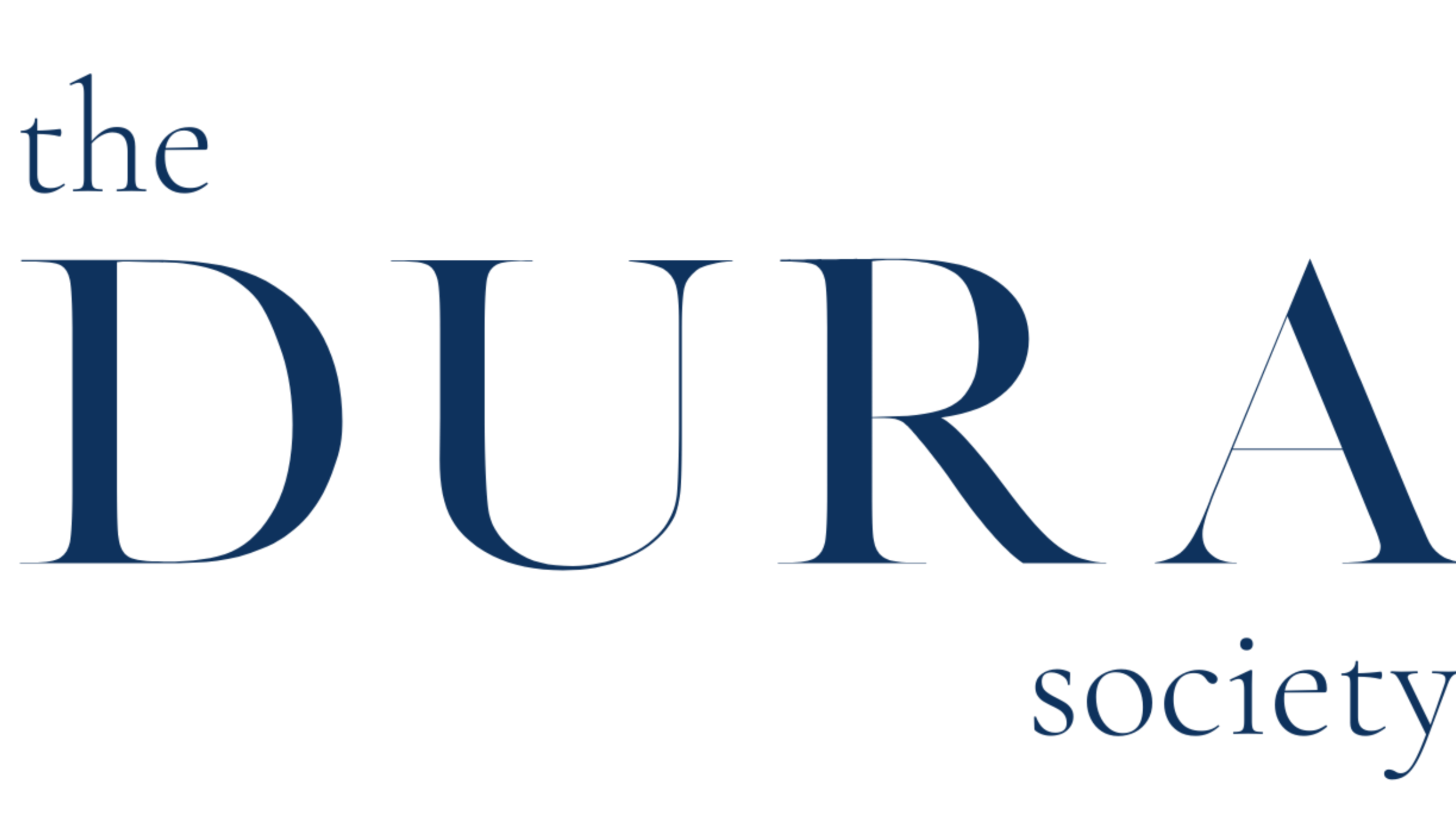How Prism the Gift Fund Is Transforming Major Giving in the UK and Beyond
For 20 years, Prism the Gift Fund has quietly revolutionised philanthropy in the UK—offering high-net-worth donors a fast, flexible, and impactful alternative to traditional foundations. In this conversation, founder and CEO Anna Josse shares insights on the future of giving, the rise of Donor Advised Funds, and why “warm money” matters more than ever.
In 2005, the UK philanthropic landscape changed quietly but profoundly. Inspired by the donor-advised fund (DAF) structures seen in the U.S. during the 1990s, the founder and CEO of Prism the Gift Fund launched a bold vision in 2005: create a charity that would bring speed, personalisation, and efficiency to high-level giving—without the administrative drag and cost of setting up a foundation.
Two decades on, Prism has emerged as a powerhouse of philanthropic infrastructure, managing hundreds of millions of pounds, distributing tens of millions annually, and enabling donors to give with both agility and confidence.
From Vision to Institution: The Rise of Prism
The idea was simple, yet powerful: serve the upper end of the giving market with a donor-centric service that’s swift, entrepreneurial, and brings the rigour around compliance and governance. Today, Prism enables high-net-worth individuals and families to make large, tax-effective donations—often across borders—without the red tape typically associated with traditional foundations.
Instead of establishing a personal charity, donors open an account within Prism. It may be labelled “The Smith Family Foundation” or “The XYZ Trust,” but Prism serves as the regulatory roof, ensuring compliance, governance, and financial oversight.
The result? Speed and simplicity. While a private foundation can take a year to establish and may cost upwards of £30,000, an “Own Name Foundation” at Prism, can be set up in as little as 48 hours—unlocking a new level of responsiveness in times of crisis or opportunity.
Philanthropy in a Changing World
Over the past 20 years, the charitable landscape has become more complex. Increased regulation, greater expectations around safeguarding and trustee responsibilities, and a more watchful Charity Commission have raised the bar for good governance.
Philanthropists are also facing new risks, from reputational exposure to the media or public scrutiny, to internal family disagreements. Prism offers an elegant solution: privacy, compliance, and professionalization—all under one umbrella.
Moreover, in a world reeling from war, climate emergencies, and the cost-of-living crisis, charities are increasingly stepping in where governments fall short. Philanthropy isn’t just a supplement to state funding—it’s often the engine for innovation and emergency response.
Current Priorities in Philanthropy: What's Driving Donor Decisions?
Asked about key trends in philanthropy, Anna is careful to point out that there's no one-size-fits-all pattern. “Each of our donors is very individual. Sometimes you might look at our giving output and think there’s a big shift toward the arts—but that could be due to one large capital project that year.”
That said, a few strong themes are emerging:
Humanitarian Aid: Given the global crises and ongoing conflicts, there is a noticeable increase in donations to humanitarian causes.
Climate Change: This is especially true among younger philanthropists, who are not only focused on the environment but are also more likely to want an active role in the charities they support.
Generational Shifts: “They don’t just want to give; they want to be involved,” Anna explains. “That can be a great asset to a charity—but it depends on the fit. Not every charity is ready for that level of engagement.”
“They’re not always looking to be distant benefactors,” she notes. “Many want to roll up their sleeves, offer skills, and participate actively. That can be an incredible asset to a charity—but of course, it has to be the right fit.”
Correcting Misconceptions Around Major Giving
Many families and their advisors come to Prism with misconceptions—especially those with American legal or financial advisors unfamiliar with UK charitable law. Setting up a charity here is not just legally complex but also slow and expensive.
That’s where Donor Advised Funds (DAFs) offer a compelling alternative. Prism makes the process easy, tax-efficient, and fully customisable, allowing donors to support causes around the globe while maintaining oversight on the governance and compliance on distribution.
Even investment management is personalised. Currently, Prism holds £350–£400 million in assets across 40 wealth managers, all donor-suggested and individually structured. This means donors can keep their trusted bank or advisor involved while benefiting from Prism’s regulatory structure.
Transparency, Impact, and the Power of Unrestricted Giving
One of the criticisms sometimes levied at DAFs is lack of transparency. Prism challenges that narrative. Though not required to do so, the charity publishes an annual impact and output report, listing every grant over £50,000 and detailing the global distribution of funds—£70 million in the last year alone.
A key focus is encouraging unrestricted giving—allowing charities to use funds where they are most needed. During COVID, the Charity Commission itself urged donors to release restrictions and trust charities’ judgment. Prism echoes this philosophy: give to organisations you trust, and empower them to lead.
Building Capacity: Philanthropy Education for Professionals
One of the standout lessons from American philanthropy is how embedded it is within the private client advisory world. In the UK, Prism is working to bridge this gap—educating wealth managers, lawyers, and accountants about philanthropic structures, tax breaks, and the power of DAFs.
A future aspiration? That the Financial Conduct Authority introduces a philanthropy module for wealth advisors—bringing conversations about giving into the mainstream of financial planning.
It’s a win-win. Talking about philanthropy opens deeper, more meaningful conversations with clients—and often leads to greater engagement and assets under management.
Global Reach: The Myriad Alliance and Cross-Border Giving
As the world grows more interconnected, philanthropy must keep pace. Prism recently partnered with the Myriad Alliance, a global network spanning the U.S., Canada, Europe, Asia, and beyond. This enables cross-border giving, due diligence collaboration. This means a family based in the UK with children in Australia can now coordinate tax-efficient giving across both systems—something previously difficult to navigate.
In addition Prism has white labelled under Chapel & York, a dual-qualified giving structure for individuals paying tax in both US and UK jurisdictions.
Looking Ahead: The Next Decade of Prism
So, what’s next for Prism?
“We just want to continue what we’re doing—encouraging those already giving to give more, and supporting those at the beginning of their journey to start,” says the founder.
Her philosophy is simple: “Everyone has a responsibility to give. We cannot rely on the government.”
While Prism’s core market is high-net-worth individuals, its ethos is broader. The organisation also handles legacies, though the founder is quick to emphasize a personal belief: “You’ll always gain more than you give. Give in life. As my mother used to say, ‘warm money is much more interesting than cold money.’”
In her view, giving opens people’s lives—not just for the recipients, but for the givers too.
A Platform for Possibility
One of the most compelling examples of Prism’s agility came during the pandemic, when a donor launched Kitchens with Compassion, repurposing Wembley Stadium’s unused kitchens to provide 625,000 meals for NHS workers and vulnerable communities. Prism handled the compliance, payments, and receipts—so the donor could focus on impact.
Want to learn more about Prism the Gift Fund?
Visit www.prismthegiftfund.co.uk or reach out to Anna and her team to explore how you can structure your giving.


